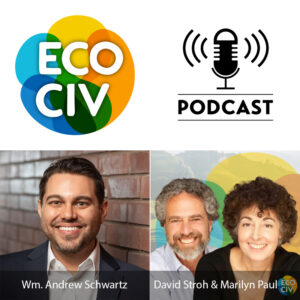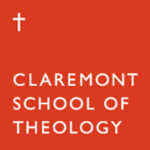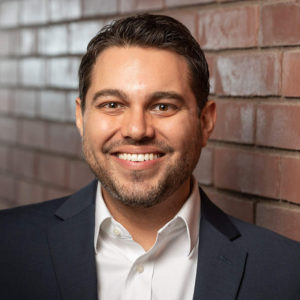
ABOUT
_____________________
Dr. Wm. Andrew Schwartz is an American philosopher and activist. He currently serves as Executive Director of the Center for Process Studies (CPS), Vice President of the Institute for Ecological Civilization (EcoCiv), and Associate Professor of Process Studies and Comparative Theology at Claremont School of Theology (CST). His research and teaching covers a wide range of topics, such as environmental philosophy, philosophy of religion, asian and comparative philosophies, metaphysics, economic philosophy, philosophy of mind, philosophy of education, and more. However, his current work mainly focuses on the role of big ideas in bringing about systems change for the long-term wellbeing of people and the planet (i.e. ecological civilization).
RECENT PUBLICATIONS
_____________________
WHAT IS ECOLOGICAL CIVILIZATION?: CRISIS, HOPE, AND THE FUTURE OF THE PLANET
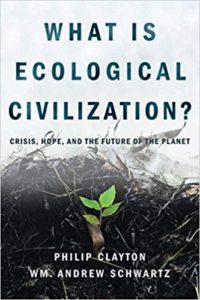 This book explores the idea of ecological civilization by asking eight key questions about it and drawing answers from relational philosophies, the ecological sciences, systems thinking and network theory, and the world’s religious and spiritual traditions. It concludes that a genuinely ecological civilization is not a utopian ideal, but a practical way to live. To recognize this, and to begin to take steps to establish it, is the foundation for realistic hope.
This book explores the idea of ecological civilization by asking eight key questions about it and drawing answers from relational philosophies, the ecological sciences, systems thinking and network theory, and the world’s religious and spiritual traditions. It concludes that a genuinely ecological civilization is not a utopian ideal, but a practical way to live. To recognize this, and to begin to take steps to establish it, is the foundation for realistic hope.
VIDEOS
_____________________
Fr. Joshtrom Kureethadam, Mary Evelyn Tucker, Valerie Voggenreiter, Dongwoo Lee, Sheri Kling, and Wm. Andrew Schwartz explore the role of inner transformation--mindsets, paradigms, worldviews, etc.--in building a more sustainable and equitable future.
PODCASTS
_____________________
Listen to podcast recordings featuring Dr. Schwartz on a range of topics.
COURSES
_____________________
Intro to Process Theology (Winter 2024)
This course is an introduction to process theology. One of the most influential branches of 20th century liberal theology, process theology applies the relational philosophy of Alfred North Whitehead to religious questions, offering new perspectives on traditional Christian beliefs. But does process theology provide an adequate framework for a faith that makes sense? This course explores the basic concepts of process philosophy and its relevance for theology.
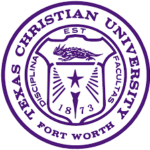
The Problem of Evil (Spring 2024)
More people leave religion because of evil than for any other reason. Perhaps no challenge is more difficult to answer: why would a good God allow horrible, pointless suffering? After understanding all that’s meant by evil, we will explore the strongest responses that have been made in past and present, and across the world’s traditions. It’s not just about theory; it’s about the entire way “religion” is understood, and how faith is lived out in the world today.
Deep Religious Pluralism (Spring 2024)
This course is an adventure in the theology of religions, exploring such questions as: Why are there many religions if there is only one ultimate reality? Is only one religion true? How can we know which religion is true? Do Muslims, Christians, and Jews worship the same God? Is salvation possible for non-Christians? We'll examine a variety of responses to such questions, with special focus on the process theory of deep religious pluralism.
